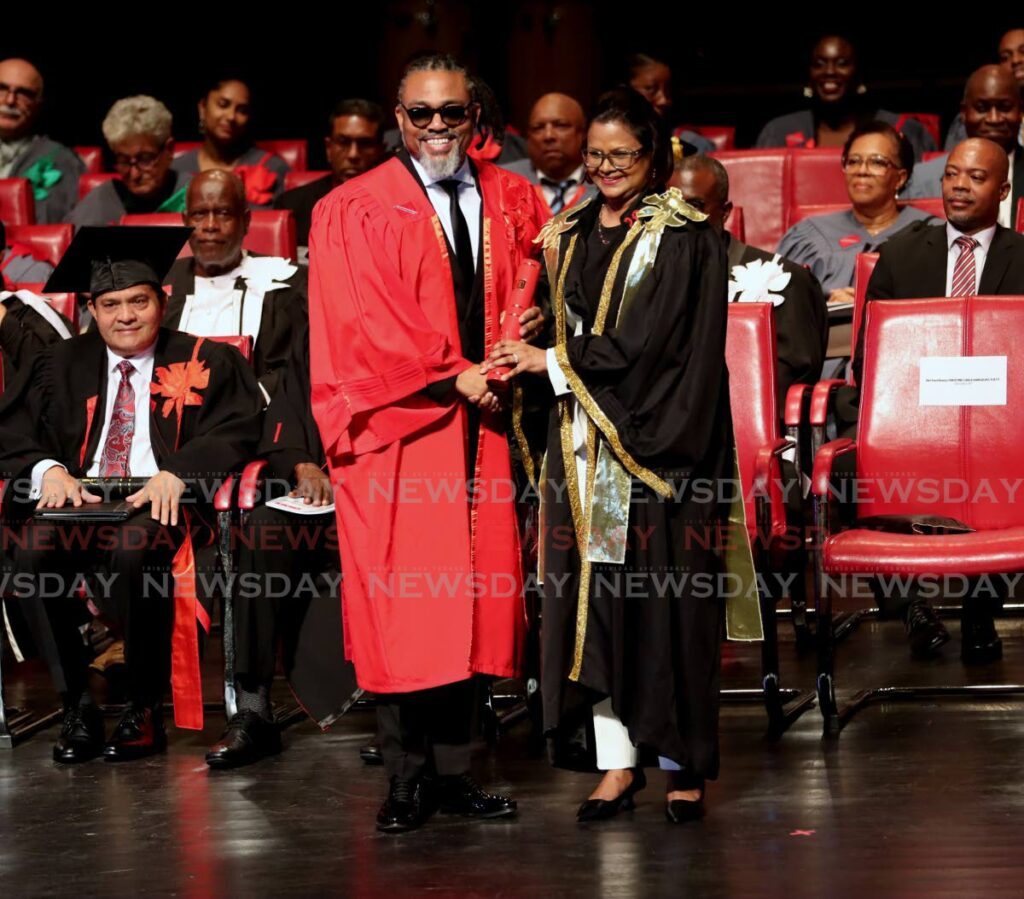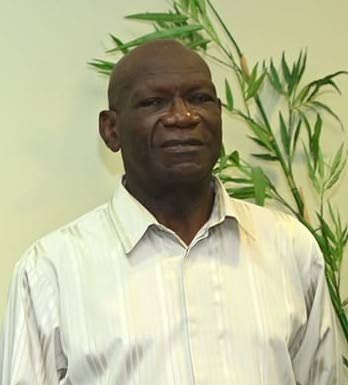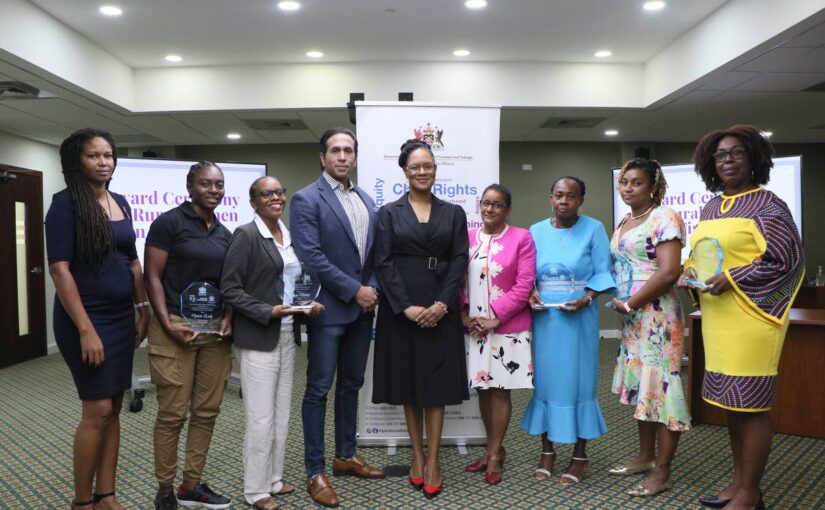

Vivek Charran -
CONFEDERATION of Regional Business Chambers (CRBC) chairman Vivek Charran says any review of the foreign exchange (forex) issues should be inclusive and equitable.
He made this comment in response to an announcement by Finance Minister Colm Imbert about a review of a special window at the Eximbank created to give businesses access to forex for essential imports during the covid19 pandemic.
In a post on X (formerly Twitter) on October 27, Imbert said, “During covid, we created a special window at the Eximbank to provide US dollars for essential imports, such as food and medicine. Covid19 is over, so we are reviewing the feasibility of that forex window."
A daily newspaper recently reported that several businessmen were crying out for forex to import essential goods such as potatoes, rice, onions, garlic, oil, sugar, salt fish, smoked herring, pigtail, peas and beans. In the article the businessmen claimed that the shortage in access to forex would soon lead to shortages in food.
In April 2020 Cabinet approved the establishment of a special foreign exchange window through Eximbank, providing US$75 million – US$25 million a month for three months – to established importers.
>
In 2021, at a virtual meeting with members of the Public Accounts Enterprise Committee (PAEC), Eximbank chief executive officer (CEO) Navin Dookeran said the facility was reopened in October-December 2020, totalling more than US$150 million. He said 69 companies participated in the programme.
In a statement issued via WhatsApp on October 28, Charran asked, "Is the forex review going to be an inclusive one or just for those sectors or businesses that already had a preferential access to forex to continue to have that preferential access while other businesses continue to struggle until they reach a critical state?
He said the difficulties experienced by businesses to access forex are not new.
"The truth is we appear to be in a crisis."
Charran said small and medium enterprises (SME's) have been complaining about access for forex for a long time.
He asked why Imbert seemed to be taking interest in this matter when certain businesses were complaining about it.
Charran recalled the creation of the special window at the Eximbank during the pandemic.
"This facility has been in existence since covid19 and it ensured people certain food and medication, toiletries have preference to get forex from Eximbank."
Charran asked why this preferential system remained in place after the pandemic ended.
>
He said there had been any shortages of food imports since then.
While manufacturers, food and pharmaceutical importers have access to forex through the Eximbank, Charran said SMEs face challenges getting forex through the commercial banks.
He added the situation had not been helped by those banks placing US$5,000 limits on all credit cards, including those used by businesses.
"The issue is how is the government planning to solve this in an equitable way."
Charran recalled that in the 2023/2024 budget, Imbert spoke about a US$50 million facility at the Eximbank for SMEs.
He said this has not materialised.
"Is this even a level playing field?"
Charran expressed concern about how SMEs which import toys, decorations and other Christmas items will get the forex they need to purchase these commodities for the upcoming Christmas shopping season.
He asked whether government was concerned that difficulties in accessing forex could cause some SMEs to close down.
>
Charran suggested that in order to reduce the demand for US dollars, consideration be given to using other types of forex to purchase certain goods.
Outside of the US, he said the only other two countries outside of Caricom that TT trades with extensively are China and India.
He also suggested that the credit cards used by commercial customers be maintained at US10,000 limits and not the US$5,000 limit which all credit card customers now have.
Related News

UTT honorary doctorate awardee tells graduates: Use your degrees to make positive change

Calypso Rose among 8 icons to be honoured by THA

Minister Webster-Roy tells women to keep on breaking barriers


